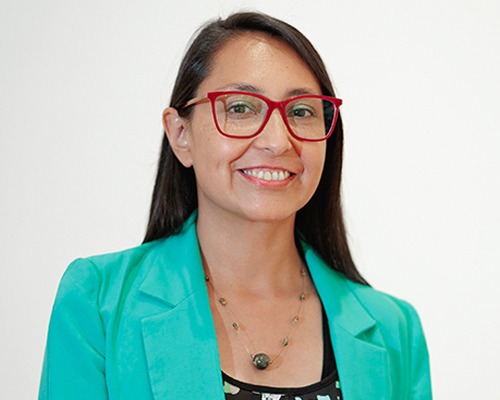In recent days we have witnessed how citizens have risen, initially in Santiago, and then throughout the country, to express their tiredness and discomfort in the face of multiple situations of injustice, inequity and marginalization by the State and the political and economic elites of the country whom control it.
To the initial protest of the students of Santiago because of the increase in the rates of the Metro, wide and diverse sectors of the population began joining in, including workers, dwellers and in general the most marginalized sectors, to express their discomfort long contained to the abuses of which they have been subjected to for so long.
It is not a new discomfort, but one which had been manifesting in many ways including: social protest, surveys that are giving account of a massive distrust of state institutions, political parties and large companies, as well as, of the highest electoral abstention in Latin America, among others. All these manifestations have not been heard or addressed by the political parties, much less by the sectors that concentrate economic power in the country.
As we know, this discomfort is related to the persistence of an institutionality constructed during the military civic dictatorship, whose greatest expression is the Political Constitution of 1980, which has been strongly defended by those who imposed it and those sectors that initially opposed it have adjusted to it. This Constitution has allowed the accumulation of ownership of common goods – such as land, water and subsoil resources-, appropriation of pension savings, privatization of education and health, gains from housing, the generation of a huge wage and income gap to the prejudice of workers, and has denied the existence and rights of indigenous peoples and people in human mobility in the country. In this way, said institutionality is at the base of the inequality and the current fracture of the country.
Notwithstanding the citizen’s claim, for decades these elites, in particular those that represent the interests of businessmen, have been immorally shielded in the rules imposed in said Constitution to maintain their privileges, many of them – such as water – obtained free of charge, as well as, to prevent any social and political transformation based on human rights.
The fatigue in the face of this state of affairs and the absence of possibilities of changing the status quo through the political path, generated the social explosion that we are experiencing, which has manifested itself in many ways, including massive peaceful demonstrations and also acts of force that have resulted in the destruction of public goods, such as the Metro of Santiago, and the destruction and looting of private goods, such as supermarkets and pharmacies. As a human rights body, we can only reject and condemn these latter routes of action. However, although we do not justify them, we understand them as expressions of discontent and anger long contained in whose gestation falls as the main responsibility of the political and economic elite of the country.
Faced with this social explosion, the government has resorted to the tools that the dictatorship’s institutionality grants, declaring a state of emergency, curfew, taking the armed forces to the streets, forces whose actions are abusive and unpunished, have resulted, already, in the death of several citizens, Chileans and foreigners, as in the darkest times of our history.
Together with condemning the violence imposed by the war strategy declared and promoted by President Piñera and his ministers, we think they are demonstrations of a total inability to understand the background of the social and political conflict we are experiencing and, therefore, it is absolutely harmless to address and overcome the fracture of Chile, but on the contrary, deepens it.
Like the majority sectors of society that have participated in this social protest, we consider that the only possibility of overcoming this fracture is through the generation – with the active participation of the sectors hitherto excluded by the current institutional framework- of a new social and political agreement, inclusive and intercultural, based on the human rights that assist us as individuals and peoples.
We demand that the government put an end to the state of emergency and the war strategy it has imposed.
We summons the political actors and the different powers of the State that, bearing in mind the seriousness and urgency of the events that we are experiencing, as well as the right to self-determination that assists all peoples, convene a broad dialogue that allows for the identification of the channels through which the construction of this new inclusive social and political agreement can be promoted, considering the Constituent Assembly demanded by citizens as the most democratic alternative to achieve it.
Finally, we call on the social movements that in these days have promoted social protest to generate processes of definition and articulation of their strategies, a process that is indispensable for the achievement of the social, political and institutional transformations that have been demanded in these days throughout the country.
Observatorio Ciudadano
Chile, October 21, 2019


